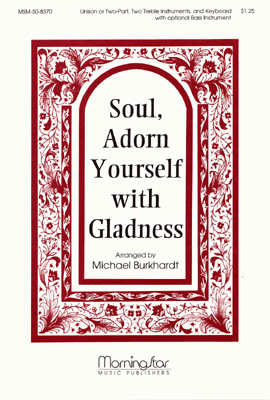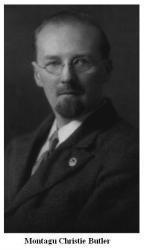Adoru kantante #101
Display Title: Schmücke dich, o liebe Seele (Deck thyself, my soul, with gladness) First Line: Venu nun, animo mia Tune Title: Schmücke dich Author: Catherine Winkworth; Johann Franck, 1618-77; M. C. Butler Date: 1971
Adoru kantante #101


 My Starred Hymns
My Starred Hymns









